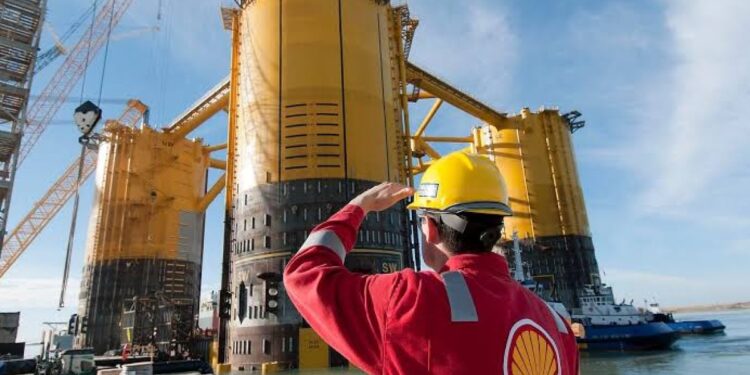Shell, a British multinational oil and gas company intends to exit shareholdings in its South African retail, transport, and refining operations, Daily Maverick reported.
The energy company decided after reviewing its downstream and renewables business across all regions and markets, the website reported, citing Shell.
Local media, including Sunday Times and City Press, reported that Shell plans to exit South Africa, where it has about 600 forecourts and has operated since 1902.
READ MORE: X Risks Fines As Elon Musk Insists On Violating Court Order
The Sapref refinery, the largest in the nation, is jointly owned by Shell and BP Plc’s southern African unit in Durban on the country’s east coast.
The 180,000-barrel-a-day facility halted operations ahead of a sale in 2022 and was subsequently damaged by floods.
The government published new rules in 2022 that require refiners to meet low-sulfur fuel specifications by 2023, which rendered most of the nation’s fleet obsolete, according to a lobby group representing the fuel manufacturers.
Shell in 2020 said it was reviewing its shareholding in Sapref.
Shell and other investors lose confidence in South Africa
Shell has over 600 forecourts in South Africa and has been granted exploring rights by the Department of Mineral Resources and Energy. It has been operating in South Africa for over a century and is an iconic brand among motorists.
Shell’s reported exit comes as other major global brands and companies tied to foundational industries in the country raise doubts about the viability and prospects of investment in South Africa.
Most recently, mining giant BHP put in a $39 billion bid for Anglo American – but this deal would have shirked assets in South Africa, which commentators said was an indictment on the country and governance in the country.
BHP responded to the resultant uproar by deploying a senior team, including its chief executive officer, to South Africa to win over government officials, regulators, and local shareholders.
It also issued a statement emphasizing that its proposal was not an indictment of the country.
“The proposed structure does not reflect a view of South Africa as an investment destination and is based on portfolio and commodity considerations,” the company said.
At the end of 2023, CEO of Volkswagen (VW) Passenger Cars, Thomas Schaefer warned that South Africa is becoming an undesirable location for manufacturing cars – especially amid the global shift toward EVs – due to issues such as load-shedding, rising labor costs, and problems with Transnet.
Speaking to Reuters, Schafer said at the time that while South Africa was a competitive player in global car manufacturing due to its low labor costs, it was losing this edge rapidly due to poor governance and sluggish regulatory reforms.
As was the case with BHP, the CEO’s statements were soon followed by assurances from the local arm of the group that it was not leaving South Africa, and that it remains a destination for investment.
In April 2024, VW announced that it would invest R4 billion into its manufacturing plant in Kariega, Eastern Cape.
The investment will be used to upgrade facilities in preparation for the addition of a third model to its production line in 2027.
While data shows that South Africa is struggling to attract foreign investment due to its myriad issues—largely down to infrastructure, power, and logistics—and investors are sour on the government’s policies, research by PwC indicates that this negative may be overstated.
The group said that foreign investors are still largely positive about South Africa’s world-class financial services and communication industries, deep capital market, strong tertiary institutions, natural resources, geographical location, and a certain level of political and policy stability.
As a result, the nation has seen net FDI inflows (inflows minus outflows) almost every year since the global financial crisis.
About Shell Downstream SA
Shell Downstream SA (SDSA) was formed after Shell South Africa and black empowerment company, Thebe Investment Corporation, agreed a decade ago to merge Shell South Africa Marketing and Shell South Refining businesses. Thebe held a 28% equity stake.
Shell, which has been present in South Africa for more than a century, is still exploring the country’s offshore, incurring opposition from environmental campaigners who have launched court action.
Flooding along the coast that killed nearly 400 people that same year severely damaged the plant, which at that stage provided around 35% of South Africa’s refining capacity.
Meanwhile, South Africa is a net importer of refined petroleum products, a challenge exacerbated since the closure of Sapref and the country’s second-largest refinery Enref, also in Durban.










